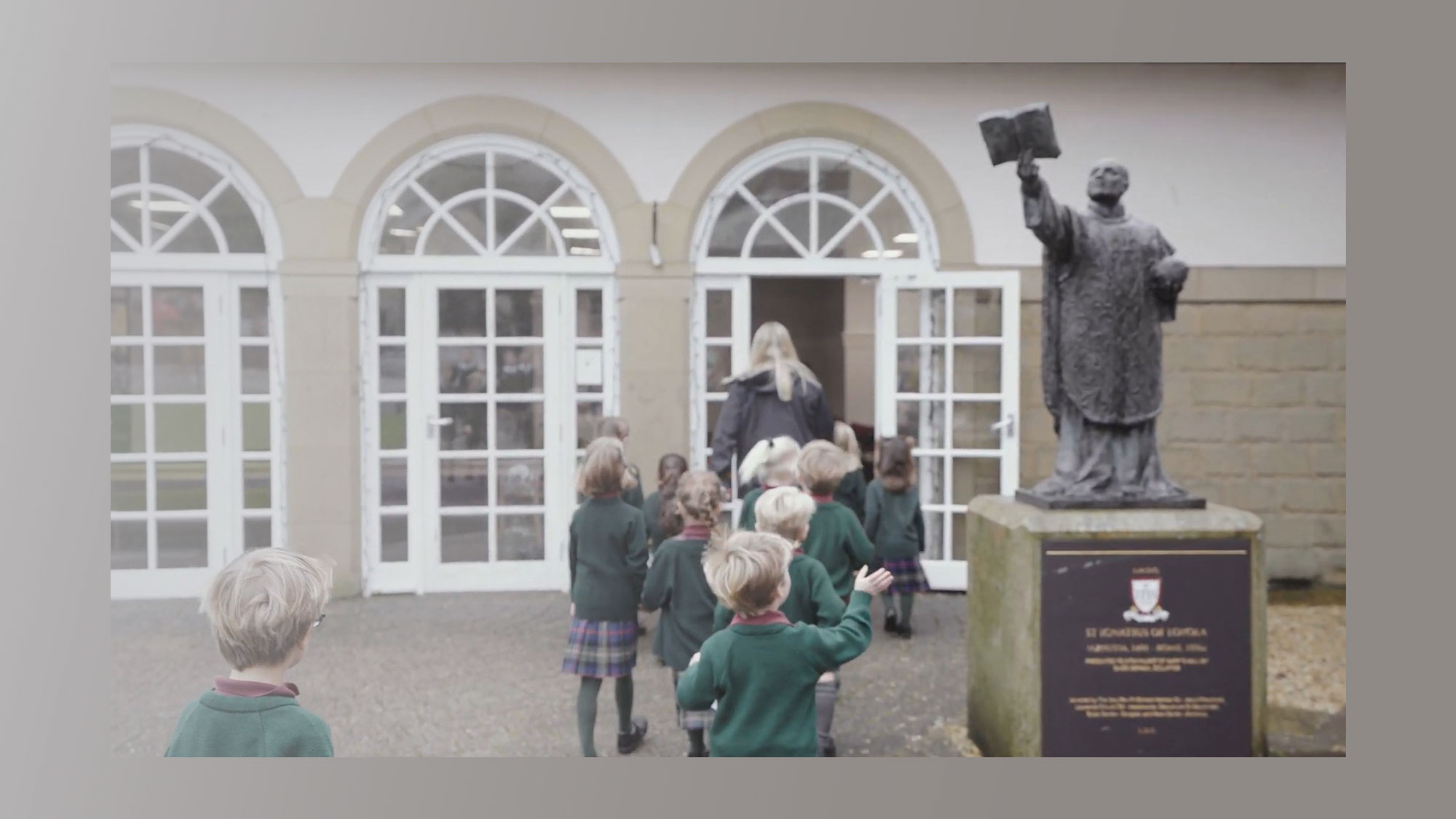I have now taken part in A Week of Guided Prayer twice in my time at university. In the first year, my entire aim for the week was to just engage with it. All I wanted to ‘achieve’ was to be able to turn up to my daily meetings and attempt to spend at least some time doing some version of prayer. I set my expectations hilariously low, and I made sure my guide knew this beforehand with a carefully worded email! I am a senior-year medical student, who is also queer and trans, autistic and - key for why this activity was such a big deal for me - someone with OCD (obsessive compulsive disorder) that heavily focuses on religion. When I have told people that I ‘can’t’ pray many have misinterpreted this as meaning I don’t know how to or I don’t really want to; that is not what I mean. I mean that to pray would, historically, be to hurt myself by opening the endless obsessions and endorsing the endless compulsions that OCD puts on me about prayer.
I assumed an event like this Week of Guided Prayer was going to be inaccessible to me. How glad I am to have been so wrong! I disclosed my OCD to my prayer guide before the week began, assuming he would say that he either didn’t know how to work with this or implying that he wouldn’t need to do anything different to work with me. Instead my reply was the most reassuring email I have ever received, explaining that he did have experience and making it clear that he knew how to approach this.
As someone with religious trauma I feared that the entire week would evoke the memories of my evangelical childhood and scare me further away from prayer. Instead, it was immediately apparent that the God the retreat was helping me to meet was one of gentle, loving kindness. As an autistic person I assumed it would all be too overwhelming, that it would involve explaining emotions that I struggle to articulate or I would be asked to do activities that just didn’t work for my brain. Instead I was told to stim* during my prayer time, I was invited to leave whenever I felt overwhelmed and the daily meetings were organised to not cause me the distress of reorganising fixed parts of my routine. I assumed my queer and transness would have to be left at the door for these meetings, instead they were embraced as a central part of my relationship with God and experience of prayer.
Both years I have entered the week with anticipation: waiting for the panic, waiting for the doubt, waiting for the pain, waiting for the evening where I have to figure out how I tell my guide and my university chaplain that I can’t do this week anymore. And in neither of the weeks has that moment come. Both years I have left feeling embraced by God, both years I have left knowing new ways that work for me and God to connect, both years I have ended knowing God is smiling at me, proudly.
* stimming means a repetitive movement or behaviour used by an autistic person to keep calm or to express joy.
You can find out more about our University Weeks of Guided Prayer by watching our video >>
Find out more about our work in University Chaplaincies.

We have an exciting opportunity to join the expanding Schools Team of the Jesuit Institute!

Julia Ling-MacDonald offers a ‘Book of Nature’ Practice for Advent...